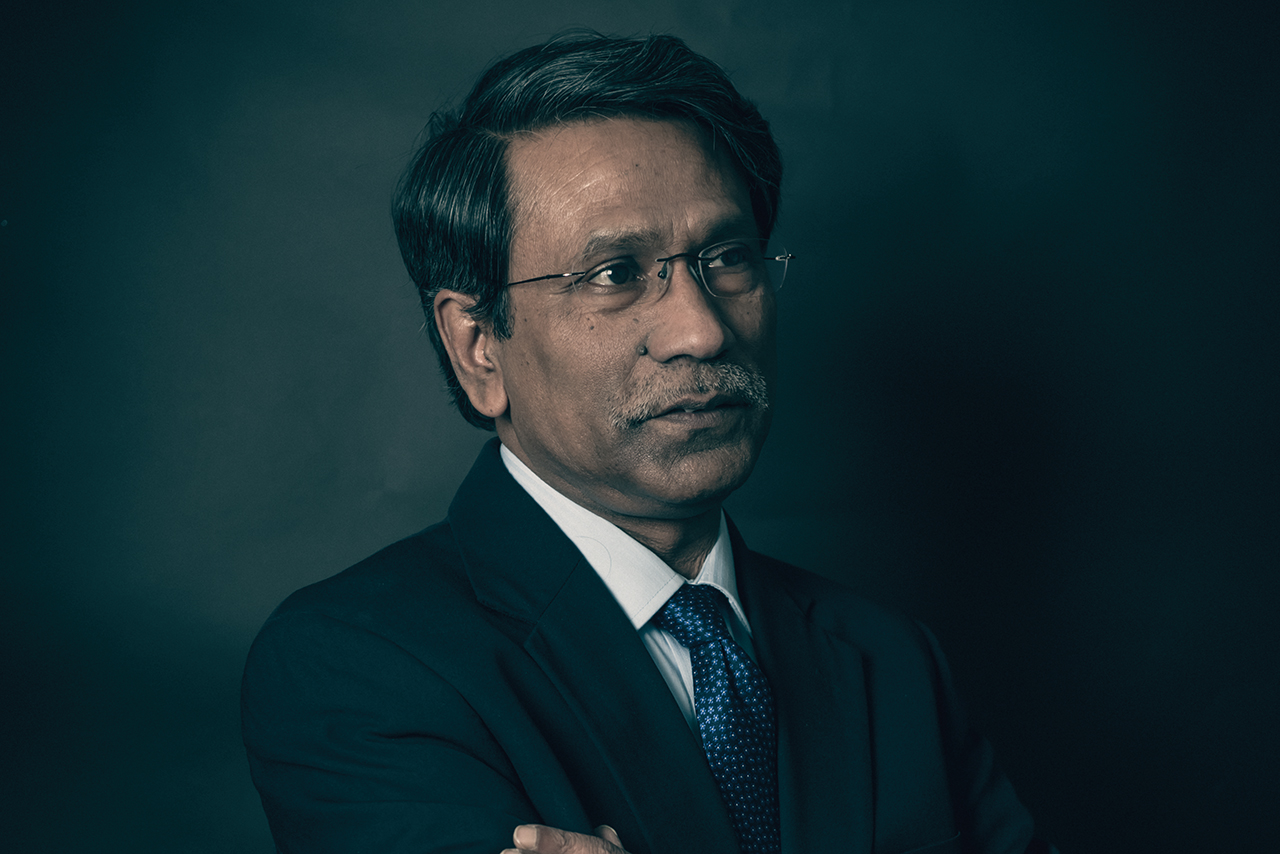In the wake of the Democracy Summit organized by the White House scheduled on December 9 and 10, Distinguished Professor Ali Riaz has been interviewed on the state of democracy in South Asia by the Center for International Private Enterprise (CIPE), a Washington DC-based think tank. Besides, Riaz has participated in two talk shows on Bangladeshi television organized by the CIPE.
Riaz’s comments on the state of democracy are featured in the CIPE publication—‘Whither Democracy? Perspectives from South Asia’. Riaz noted that South Asia’s democracy is experiencing a backsliding. He said, ‘given its civil-military dynamics and the military’s upper hand, Pakistan has long been an example of a hybrid regime. India, the South Asian “beacon of democracy,” has witnessed a significant decline in civil liberties and political rights under the Narendra Modi government, descending to serve as an example of “electoral autocracy.” In Sri Lanka, not only majoritarianism has triumphed but also a Rajapaksa dynasty has been created. The rise of populist leaders—from Europe to the United States to Asia—has become a defining feature of the present era; personalized authoritarianism is on the rise. Bangladesh’s recent political developments follow this pattern.’ Riaz insists that although there is ‘no silver bullet, no cookie-cutter solution to this problem’ of democratic erosion, ‘reversing the course is not only necessary but possible. “The international community and multilateral organizations need to play a more active role in using their leverage to influence the incumbents in various countries,” he said.
Riaz joined the CIPE leaders in talk shows, focusing on one of the Summit themes, defending against authoritarianism, and participated with leaders in democracy program implementation from, Nepal, Pakistan, and Sri Lanka.

